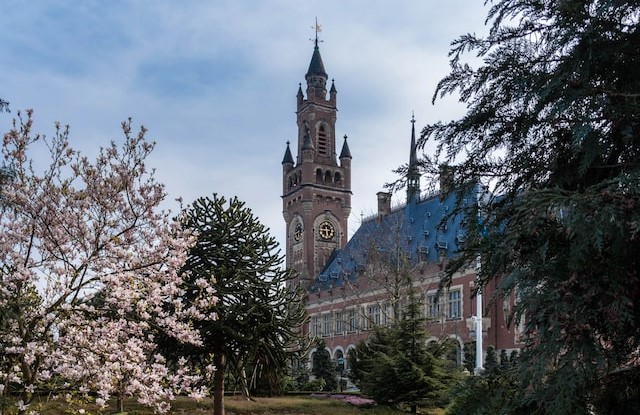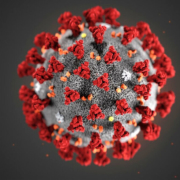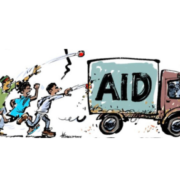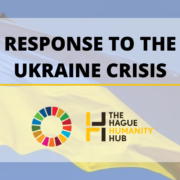Increasing the ecosystem: what can cities do to attract International Organisations (IOs)? We spoke to Dr Rosa Groen of The Hague University of Applied Sciences to find out!
By Thomas Ansell
Cities across the world promote themselves on the basis of their non-profit and governmental sectors. The Hague, for example, has been utilising the tag-line ‘City of Peace & Justice’ for decades; and both Geneva and New York have repute as ‘UN cities’. Aside from the international name recognition, having a strong peace & justice sector can bring economic and social benefits: more than 20,000 people in The Hague work in and around the sector.
So it’s perhaps no surprise that cities around the world devote various efforts to attracting new IOs (and NGOs) to their city. Dr Rosa Groen of The Hague University of Applied Sciences recently completed her PhD (at Leiden University) on just this subject: her book ‘Walking the Extra Mile’ is now available.
Rosa’s comparative study focussed on the cities of The Hague, Geneva, Vienna; and Copenhagen over a 20-year period (1995-2015).
Meeting wants and needs
One of the most important things when building a team tasked with attracting IOs and NGOs, says Rosa, is diversity and an ability to meet wants and needs. “The most important [thing] for a city and a team to attract an International Organisation is to make sure it knows what the organisation wants and might need… The team ought to be composed of or linked with a diverse set of people with different specialisations. Academics, NGOs, businesses; the more the merrier.”
Tapping into ‘the Third UN’
Having large organisations with well-known acronyms is important for attracting more of their kinds, says Groen: “A city with important IOs is a magnet for others. Not the IOs as such, but the people that work there”. But, it’s also incredibly important to have a thriving ‘Third UN’ sector. “‘Third UN’ is NGOs, Academic, SME’s, they are important because they [have] people who can enrich the community. And yes, when a network is more diverse, this definitely helps.”
Look after existing organisations
Since having an existing network or ecosystem of organisations is so important, cities must pay attention to retention and their image within the sector, says Groen. Existing organisations can act like a magnet for new ones, though we shouldn’t assume that the same approach will work for each new potential acquisition: “The effect [of an existing ecosystem] is that is will be easier to attract new ones. That is, only if the circumstances are right for the existing and new IOs. When there are complaints, especially complaints not dealt with, the attractiveness can go very quickly. [And], complaints have a carry over effect to new IOs.”
It would seem important, then, to make sure that the existing ecosystem is well supported, and to make sure that the moving and bedding-in process for a new IO is as easy as it can be.
Dr Rosa Groen is a Researcher at the European Impact Hub, at The Hague University of Applied Sciences, and a guest researcher at Leiden University. She was named ‘Sustainable Lecturer of the Year’ for 2022-2023, and previously worked as a journalist at a number of Dutch newspapers. Her book ‘Walking the Extra Mile’ is now available in print and as an e-book.









